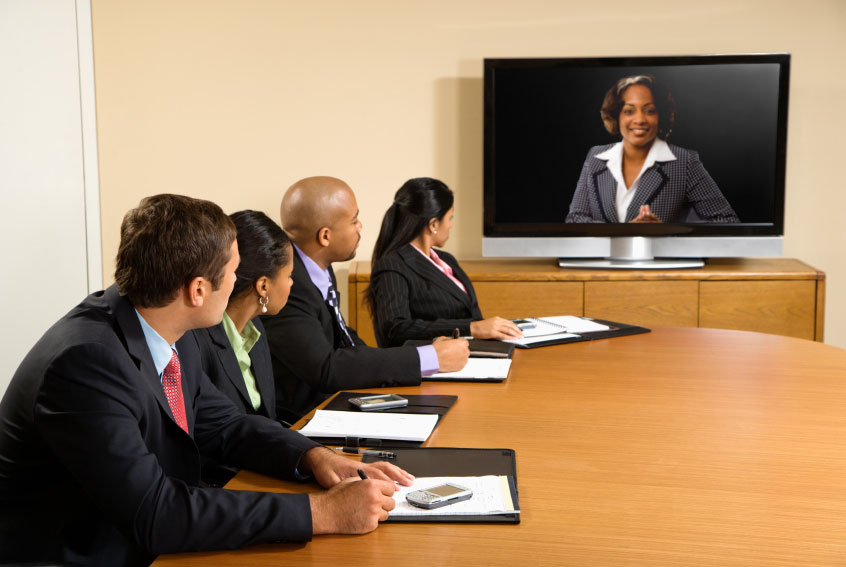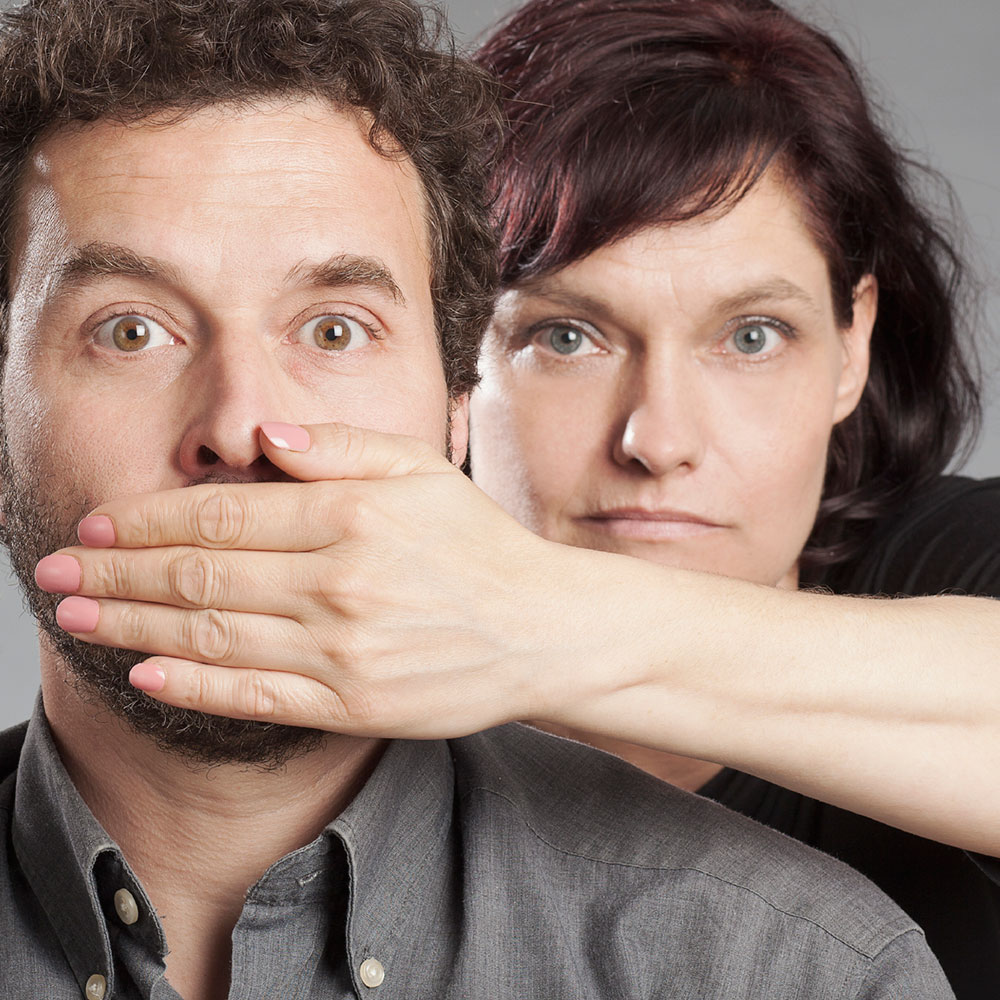Malcom Gladwell in his book, Outliers, says it takes 10,000 hours to join the ranks of “Expert.” His theory is that people who become experts at anything first want to excel, and then they put in the effort. They work hard to perfect their skill by doing it over and over again, whether it is playing the violin, slamming a puck into a hockey net, or developing software. Through repetition and coaching, they are transformed from good to great. The big thing to remember is no one is born an expert. Skills are honed over time.
From the standpoint of becoming an expert communicator, you have to work at getting good by speaking frequently. You may think you rarely present and, consequently, don’t have any opportunities to perfect this skill. However, while most of us don’t do formal presentations regularly, we do speak informally constantly. You speak at meetings, to your team, and to individuals on the phone every single day. These “low stakes” situations are great occasions to practice.
In meetings or on the phone, you can practice slowing down by pausing for a breath at the end of each sentence. You can also practice better enunciation or the elimination of filler words or words like “um, ah, you know or honestly.” Picture the speed of an on-air newscaster as your model for how you should speak. Notice a newscaster rarely mispronounces a word and never says “ah.”
Eye contact is a skill that people use to assess honesty. It is rarely a problem in a one-on-one meeting, but in a group situation, sustained eye contact can be vexing. People have a tendency to scan a room rather than to sustain eye contact with one individual at a time. To nail this skill, practice at lunch when you are with a group. Practice in a bar when you are with friends. Practice until it feels comfortable to finish a thought or sentence with one person at a time.
If you feel your posture leaves something to be desired, practice balancing your weight equally on both feet when waiting to check out at a store or when you are buying a movie ticket. In a meeting situation, make sure you lean into the table and have your feet under your chair. You will be perceived as much more invested.
With regards to your gestures, ask others if they notice anything distracting in your gestures. Sometimes, you may get feedback that you point or over-gesture. People can give the impression of over-gesturing if they do the same repetitive gesture and if their hands never seem to be at rest.
Meetings are also a great way to practice “getting to the point.” As you put together your ideas, challenge yourself to say what is on your mind in the fewest words possible. Use strong verbs and descriptors and avoid over-connecting one sentence to another with “and” or “so.” Ask yourself if you are being ambiguous? Would people easily follow your ideas? Does one idea lead to another? What transitional statements take you from one key point to another?
Being an expert takes commitment. It takes practice, lots of practice. Those that are great communicators rise to the top in an organization. They are given additional responsibilities and promoted often because decision makers know there will not be confusion about what needs to be done. Propel your career to the next level by becoming an expert communicator.
Question: What do you need to do to move to the expert category? We’re interested in your reaction to this article. What else have you found helpful when you have prepared for a large group presentation?
To add your comments click in the “Comment” box below and begin writing. Any questions will be answered by Judy.
Impact Communications, Inc. consults with individuals and businesses to improve their presentation and telephone communication skills. It is not what you know but how you communicate it that makes a difference. When you have to have impact, phone (847) 438-4480 or visit our website, www.ImpactCommunicationsInc.com.

Impact Communications, Inc. was established in 1998. It is a national presentation communication skills and telephone communication skills training company that excels at defining and developing the core elements of effective business communication. With presentation communication skills training, telephone communications skills training, every encounter can be an efficient and lucid transmission of information.






Recent Post Comments